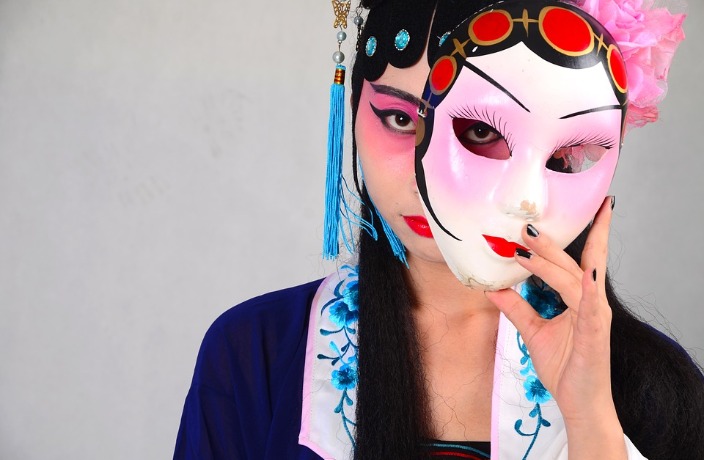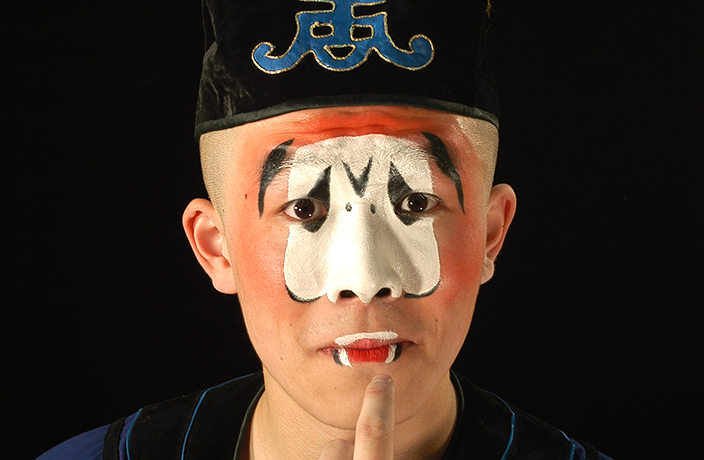In our ‘Night at the Opera’ series, our June 2019 cover story, we take a deep dive into traditional Chinese opera.
It’s no overstatement that xiqu, the general term for Chinese drama, is the pride and joy of Chinese theater. Dating back centuries, the imperial art form has been adapted and reimagined time and time again, with various styles birthed in the process.
From legendary performances by the most famous Peking opera actor Mei Lanfang to Shanghai’s ambitious staging of Tang Xianzu’s Peony Pavilion in 1998, China’s traditional theater practice has continued to thrive, with passionate drama devotees keeping the sacred art form alive through the years.
As theater troupes journeyed to the West to translate poignant dramas to global audiences, xiqu earned a reputation overseas, evolving and changing into contemporary forms.That’s takes you on a quintessential xiqu journey, from the most monumental moments in the history of Chinese theater to its modern evolution.
Click through each of the posts below to read all about its history, hear from opera actor Liu Jianyang and even learn how to interpret hand gestures and identify characters simply by their face masks.
The Show Must Go On: How Chinese Opera Came to Be and Is Changing to Survive
Chinese Opera Actor Liu Jianyang Talks His Life as the Monkey King
Understanding the Hand Gestures and Face Masks of Chinese Opera





















0 User Comments